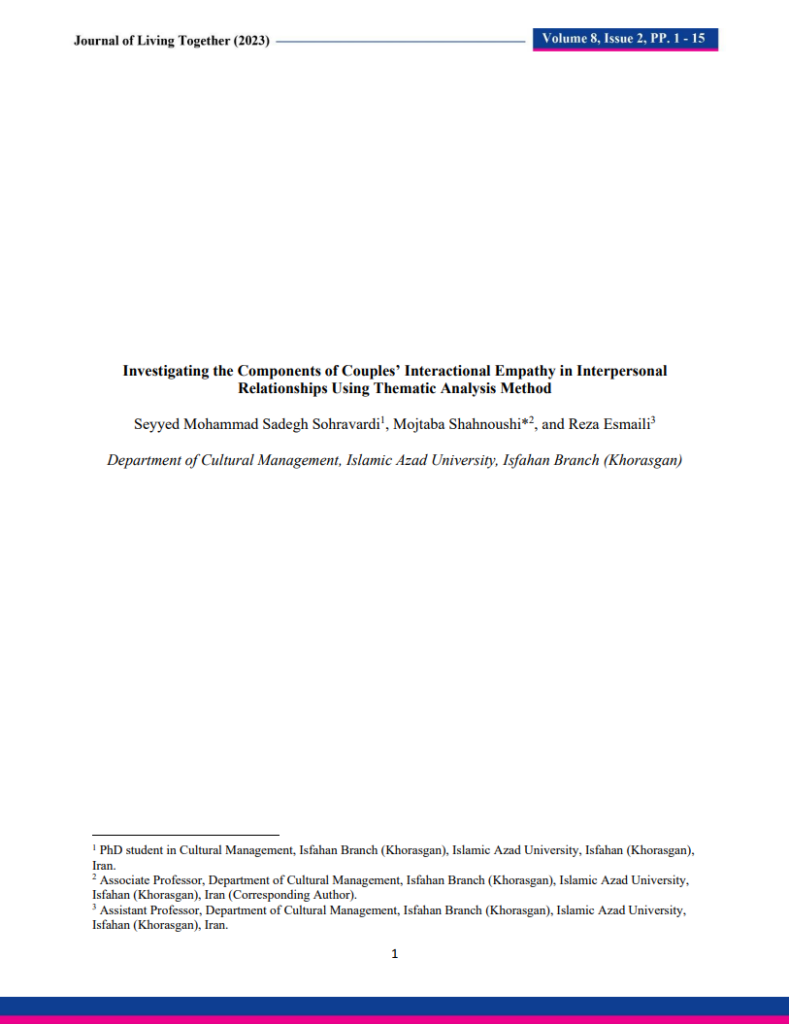The Israeli-Palestinian Conflict

The Israeli-Palestinian Conflict on ICERM Radio aired Saturday, April 9, 2016 @ 2 PM Eastern Time (New York).

In the Israeli-Palestinian conflict, entire generations of people have been raised in the state of active hostility between the two groups, which have different ideologies, an interwoven history, and a shared geography.
This episode addresses the enormous challenge this conflict has posed to both the Israelis and the Palestinians, as well as the entire Middle East.
With empathy and compassion, our esteemed guest, Dr. Remonda Kleinberg, shares her expert knowledge on the conflict, ways to prevent further violence, and how this inter-generational conflict could be resolved and transformed peacefully.



